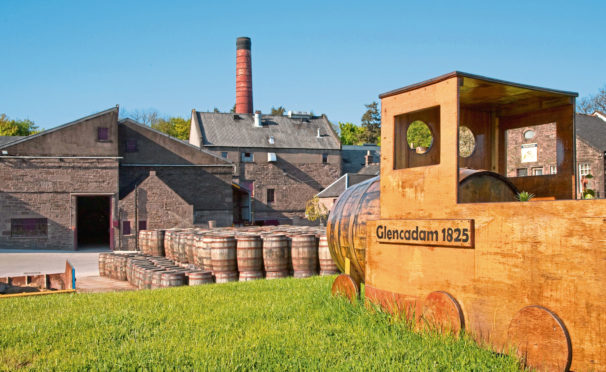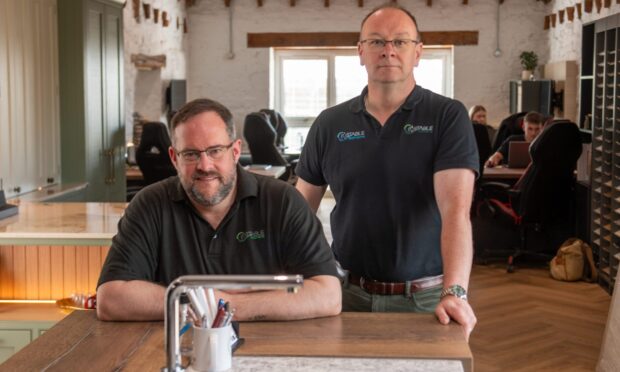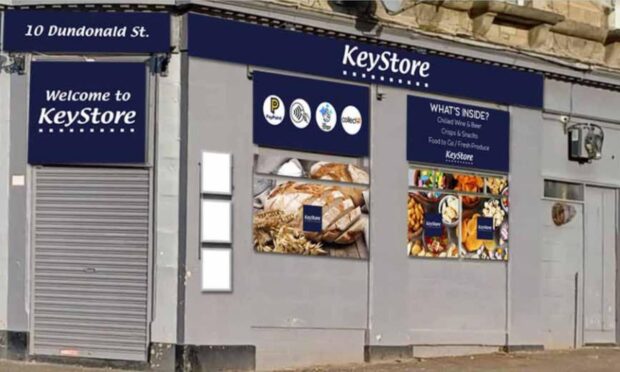Scotland’s business leaders say the engine of the Scottish economy should be the priority in the wake of Brexit.
Scottish Chambers of Commerce (SCC) carried out research with the country’s key business sectors of construction, financial and business services, manufacturing, retail and wholesale and tourism prior to the EU referendum on June 23.
The findings, released in collaboration with the University of Strathclyde’s Fraser of Allander Institute, reveal a muted Scottish business performance leading up to the EU referendum.
Neil Amner, chair of the SCC economic advisory group, stated: “The burning questions are how the vote for the UK to leave the European Union will affect businesses and what steps our governments in the UK and in Scotland should take to ensure that Scotland’s businesses continue to be the dynamo of economic growth.”
Concerns over weaknesses in investment and difficulties in recruiting skilled workers may persist after the Brexit vote.
Businesses in retail and tourism flagged up increases in costs, coinciding with the introduction of the National Living Wage in April.
Larger businesses were concerned about the new Apprenticeship Levy, which he believed should be put on hold.
He continued: “The Brexit vote does not come without its opportunities but business must be in the driving seat if we are to take advantage of these and secure the stability that is needed to foster investment and deliver future growth.”
He said there needed to be clarity on the future of talented individuals working in Scotland to give them confidence that they will be able to fulfil their long term ambitions north of the Border.
“Scotland must become an even more attractive place to do business and must actively reach out to the world to create new trading and investment opportunities,” he believed.
“Business is the engine of the Scottish economy and this is now the time to make sure that the engine is running smoothly and efficiently if we are to rise to the challenges of Scotland’s new circumstances.”










